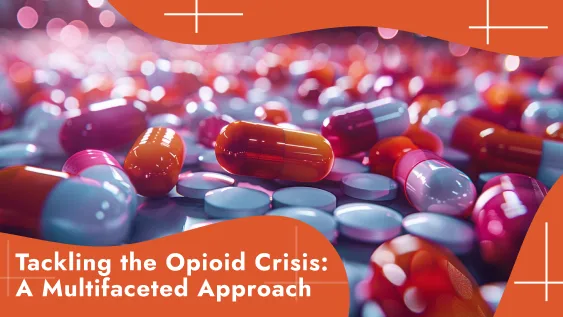
In order to understand the impact of the opioid crisis in our communities, it is essential to appreciate the depth of this damage that is loss, hopelessness, and an imminent call for change. It is a puzzle whose each piece deserves equal consideration; oversupply by pharmaceutical companies and limited educational background on opiate use, and finally the stigma around addiction all work together like well-oiled machines. Like with the sophisticated world of gaming or “azart” in the Russian language that would mean “luck,” there is no doubt that a high degree of uncertainty, chance, and even most importantly – adverse outcomes might come along with any given endeavor. However, this situation presents us with some measure of hope where legislative bodies and communities can come together to work towards a better future through implementing comprehensive legal interventions alongside proactive policy recommendations.
There have been a diversity of legal actions taken to address the opioid crisis that target different parts of the epidemic. Some of these measures include enhanced prescription controls and aggressive enforcement of drug laws while also attempting to eliminate illicit drug trafficking – all fairly similar regulatory frameworks to those used in gambling where the system is designed to protect individuals from harm but accountability remains intact. Yet, there is still a problem on, which needs to be solved not only on a superficial level but also with reference to suggestions about addressing both symptoms and causes.
The most important step is the increase of education and awareness about opioids. Similarly, if you know the chances in a gambling game, people need to learn what they are risking when it comes to their health before making any choices. This entails education that is all-encompassing and addresses both the populace and medical professionals, underscoring the perils of opioid abuse and prescribing non-opioid pharmacotherapies as a treatment option.
On the other hand, broadening the services of treatment and recovery is like setting up a safety net on which people who gamble can fall back. Just as responsible gaming programs provide help for those with a gambling addiction, healthcare systems need to guarantee that all persons in opioid addiction will have access to humane, evidence-based care possibilities. Some means should be considered for achieving these objectives include increasing the funding available for rehabilitation programs; removing barriers to entry such as waiting lists or requirements of insurance companies before accessing help; acknowledging that addiction is a medical condition rather than a moral failure by fighting against stigmatization.
A critical suggestion is also the strengthening of data collection and research. Data analytics are essential in gambling because they enable people to understand their behavior and trends; at the same time, in the opioid crisis, high-quality information can guide targeted interventions. These decision-making processes need to include tracking prescription patterns, overdose rates, and success measures related to treatment procedures so that policy measures can be adjusted and evaluated on an ongoing basis with the aim of maximizing effectiveness.
From the “azart” perspective, community-based interventions represent a part of the human aspect, wherein collective enthusiasm and engagement contribute to an enhanced experience. Community resources that can be used to combat substance abuse and ensure a support network may include local health departments, prevention coalitions, treatment providers, and support groups all working together with the aim of eradicating isolation commonly connected to addiction.
Last but not least, the creation of innovations in the area of fighting pain and drug addiction is like a torch that cannot be put out. Similar to how technology has shaped the gambling world by improving gambling services from online platforms to security systems, the field of medicine holds potential in finding better solutions for managing pain and helping patients recover faster, thereby cutting down on opioid dependency with more effective yet less addictive treatment options.
To some extent, addressing the opioid crisis is like the art of “azart,” which consists of many components to be analyzed in order to figure out its depth. It involves a balance between the pleasure from resolving complex problems and the care needed to predict potential dangers. It has been proved that coordinated law enforcement efforts and prescient policy recommendations can change the story on opiate addiction, recasting it as a tale not just of disaster but also of triumph and hope. Putting our money on education, care access, community support, and innovation we can deal with this task successfully so that people live better in the future.





